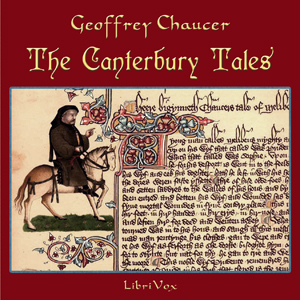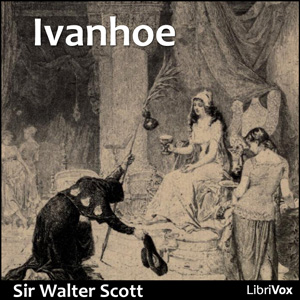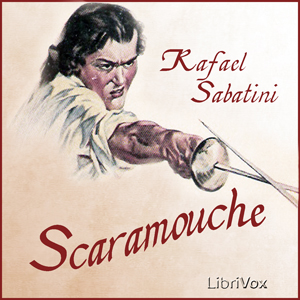- Preface
- Chapter 01
- Chapter 02
- Chapter 03
- Chapter 04
- Chapter 05
- Chapter 06
- Chapter 07
- Chapter 08
- Chapter 09
- Chapter 10
- Chapter 11
- Chapter 12
- Chapter 13
- Chapter 14
- Chapter 15
- Chapter 16
- Chapter 17
- Chapter 18
- Chapter 19
- Chapter 20
- Chapter 21
- Chapter 22
- Chapter 23
- Chapter 24
- Chapter 25
- Chapter 26
- Chapter 27
- Chapter 28
- Chapter 29
- Chapter 30
- Chapter 31
- Chapter 32
- Chapter 33
- Chapter 34
- Chapter 35
- Chapter 36
- Chapter 37
- Chapter 38
- Chapter 39
- Chapter 40
- Chapter 41
- Chapter 42
- Chapter 43
- Chapter 44
- Chapter 45
- Chapter 46
- Chapter 47
- Chapter 48
- Chapter 49
- Chapter 50
- Chapter 51
- Chapter 52
- Chapter 53
- Chapter 54
- Chapter 55
- Chapter 56
- Chapter 57
- Chapter 58
- Chapter 59
- Chapter 60
- Chapter 61
- Chapter 62
- Chapter 63
- Chapter 64
- Chapter 65
- Chapter 66
- Chapter 67
- Chapter 68
- Chapter 69
- Chapter 70
- Chapter 71
- Chapter 72
- Chapter 73
- Chapter 74
- Chapter 75
- Chapter 76
- Chapter 77
- Chapter 78
- Chapter 79
- Chapter 80
- Chapter 81
- Chapter 82
A wayside tavern where the local men drink and gossip; an unsolved, twenty year old murder at a nearby mansion; a very talkative black raven; a London locksmith and his family; a man apparently returned from the dead; a hangman who enjoys his job way too much; an anti-Catholic lord; a large and violent mob; and the British Militia—what do all these things have in common? All have, in some way, touched or been touched by the lovable, young, simple-minded “idiot,” Barnaby Rudge.
Barnaby’s good nature makes him a joy to most who know him. Unfortunately, his eagerness to please and his gullibility make him an easy prey for the unscrupulous. Can he emerge unscathed when once he gets tangled up with the wrong crowd?
Once again, Dickens has managed to temper the horrific with his characteristic wit and humor, as he tells this tale based on the "no-popery" or Gordon riots of 1780.
(Note: If the bird in this story seems familiar, it may be because he was the inspiration for Edgar Allen Poe’s poem, “The Raven.”) (Summary by Debra Lynn)
Barnaby’s good nature makes him a joy to most who know him. Unfortunately, his eagerness to please and his gullibility make him an easy prey for the unscrupulous. Can he emerge unscathed when once he gets tangled up with the wrong crowd?
Once again, Dickens has managed to temper the horrific with his characteristic wit and humor, as he tells this tale based on the "no-popery" or Gordon riots of 1780.
(Note: If the bird in this story seems familiar, it may be because he was the inspiration for Edgar Allen Poe’s poem, “The Raven.”) (Summary by Debra Lynn)
There are no reviews for this eBook.
There are no comments for this eBook.
You must log in to post a comment.
Log in











